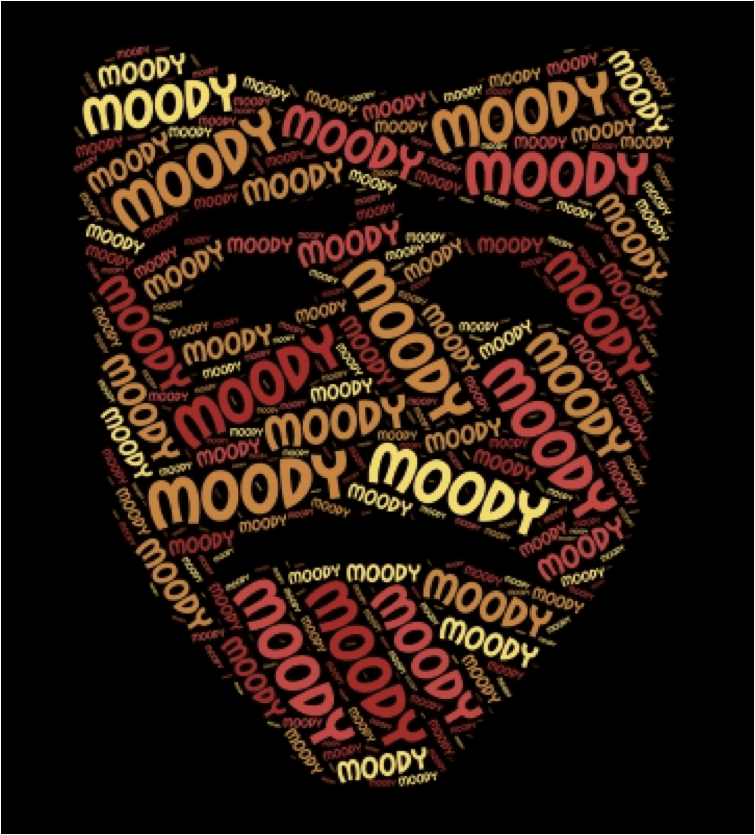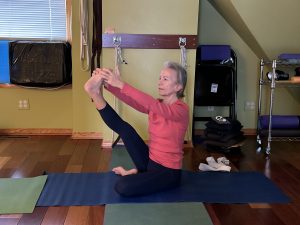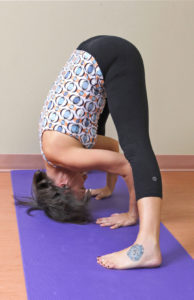As this April spring unfolds around us (LOL as huge snowflakes have just begun to fall), I am witnessing significant emotional drama playing out on our global, local and even personal stages. What I refer to as emotional drama is the roller coaster of emotions that propel others and us out of control and into chaotic, impulsive, often regrettable reactions. Under conditions of uncertainty and volatility — threat of terrorism, being refused entry to escape terrorism, economic instability, mass public shootings, someone else’s anger projected onto us — our primitive survival instincts can take over and our impulsive conditioned reactions can trap us in a fight-flight-freeze scenario.
Without greater awareness of our mental triggers and traps, we will continue to replay our negative behavioural impulses whether we are in a life threatening or merely uncomfortable situation. Fortunately, on a day-to-day basis, the majority of situations we encounter are not life threatening, however, emotional drama in the form of verbal and physical attacks still occupies a large part of our social fabric. In essence, we are using a great deal of our valuable energy reacting to the illusion, not the reality, of life-or-death.
A close-to-home example that comes to mind is the current American presidential campaign. Global and local reaction to Donald Trump and the Grand Old Party of Republicans has evolved from initial disbelief to disgust to amazement when one considers Trump’s not insignificant support base.
Although many Americans fear the US is a doomed dystopian country evidenced by the “beyond belief” behaviour of some presidential nominees, journalist James Fallows’ three-year trek across America did not reveal a dying nation. Quite the contrary, no matter where in America he landed, Fallows continued to report both social and economic evidence of reinvention, renewal and revival.
Arguably, American politics has yet to take the same transformational journey . . . “even if most parts of the complex American “system” work better than their counterparts in the rest of the world, our national politics works worse.” Fortunately, the American state governments continue to operate as “laboratories of democracy” in readiness for when the national mood for reform emerges, as Fallows believes it surely will.
The gift Fallows has unwrapped for us in his storytelling is the importance of looking beyond and beneath emotional drama to find the truth. The truth being uncovered by the American presidential race is the floundering nature of America’s national political system. As Canadians, we can empathize given this truth is also echoed in our Canadian political structures and revealed to us by the dubious distinction of our Senate.
The gift emotional drama gives us is the awareness of “pain” whether it is emotional, physical or spiritual. I would liken this to seeing a yellow flag thrown to the ground in athletic events. Emotional drama signals something has gone wrong and needs to be righted. Thus, it has a hidden purpose.
When we experience emotional drama — pain, suffering, and loss — we are being signalled to look beyond and beneath the surface appearance of our lives. As humans, our work is to turn our pain, suffering and loss into learning. And as a result, our emotional drama becomes a stepping-stone for initiating us into our next life passage. As Joseph Campbell so aptly states, it is a “call to awakening.”
Of course, propelling ourselves toward rather than away from emotional drama is deeply challenging and also part of our learning. Emerging feelings of threat, fear and lack of safety can press us even further away from our comfort zone, but nonetheless are clear evidence that we are in a transition.
When confronted with what appears threatening or unsafe, I stop my mind from leaping to conclusions by breathing deeply — one deep gentle inhale and exhale through the nostrils followed by one natural inhale and exhale. I repeat this breath for five cycles. The beauty of this simple breath technique — it clears my mind.
With my mind focused on regulating my breath, there is no room for negative thoughts or feelings. Over time, the practice of stopping impulsive reactions with deeper breathing will dissolve old illusions and assumptions, thereby allowing us to clearly see what is truly happening. And, if you haven’t guessed it already, this is a form of meditation.
So, what emotional drama are you witnessing around you? What is its hidden purpose? In other words, what is it reflecting back to you about yourself?
For more on transformation and calls to awaken, click here.





